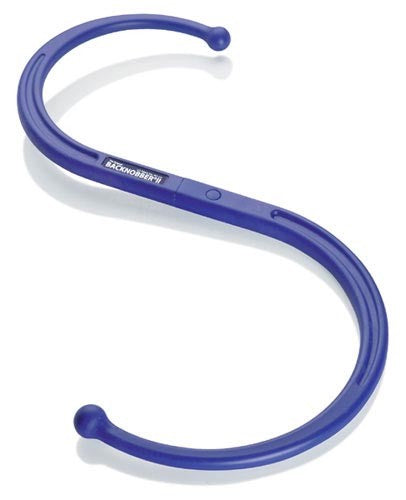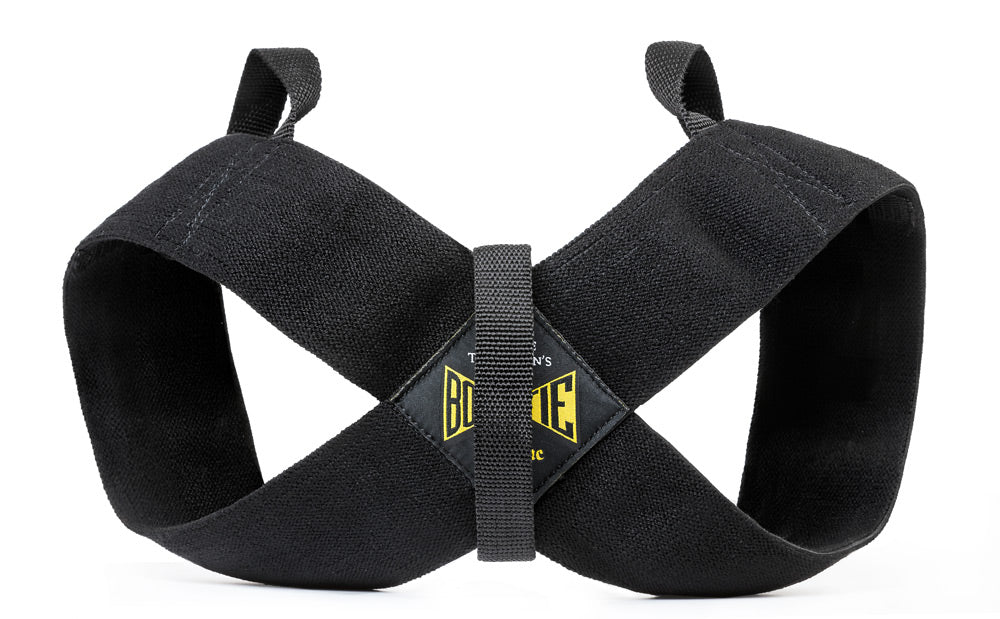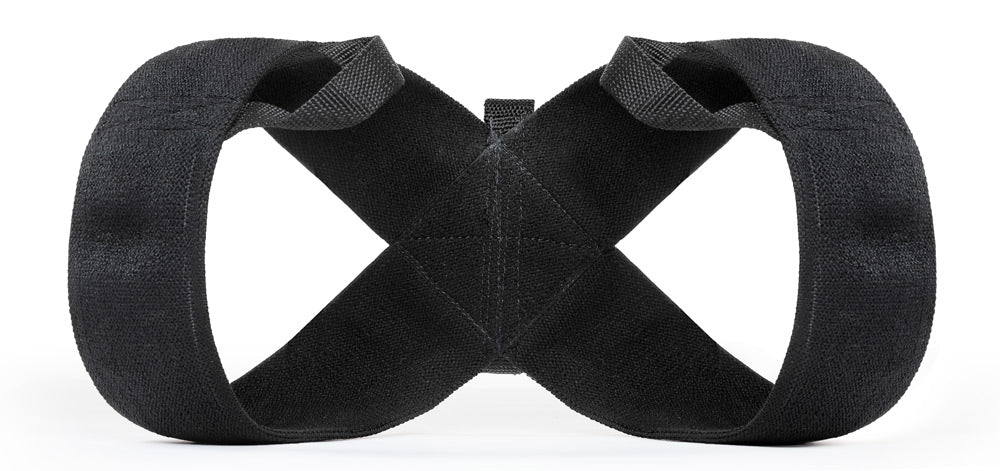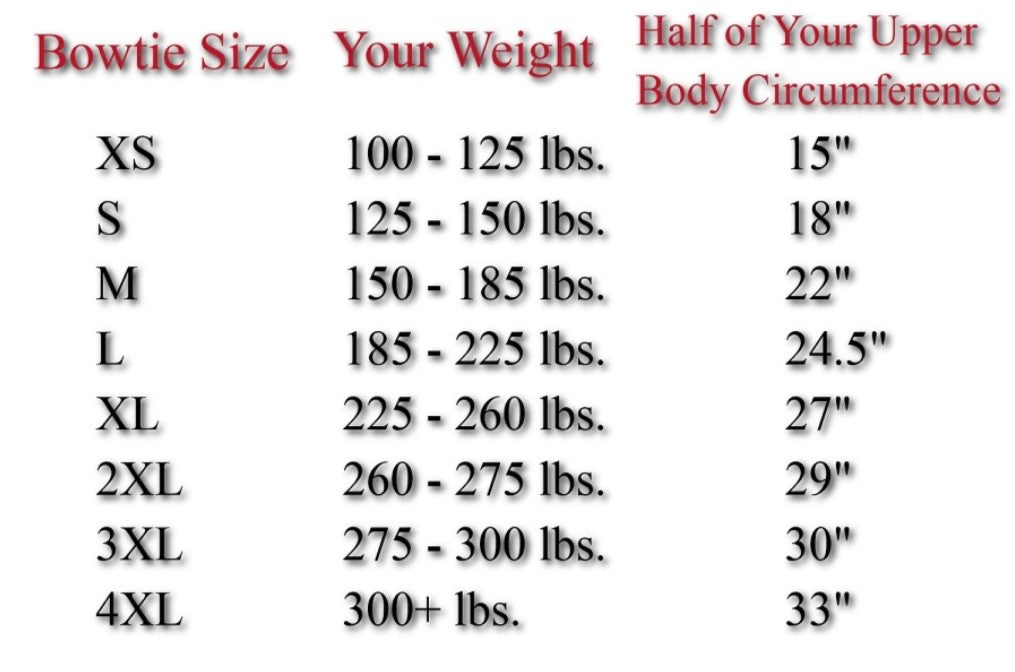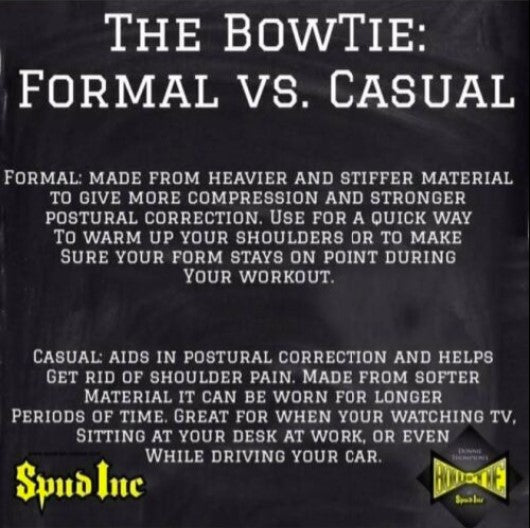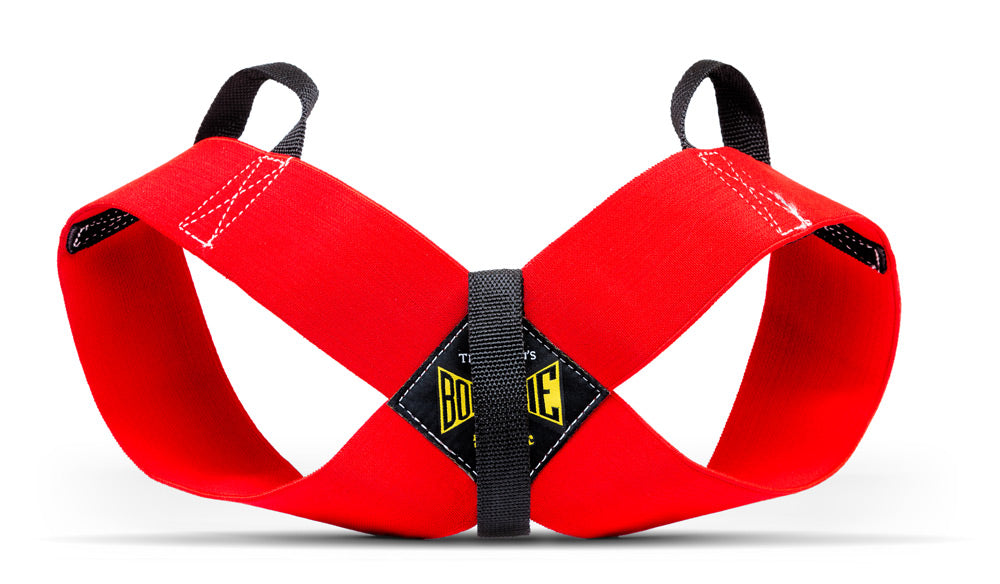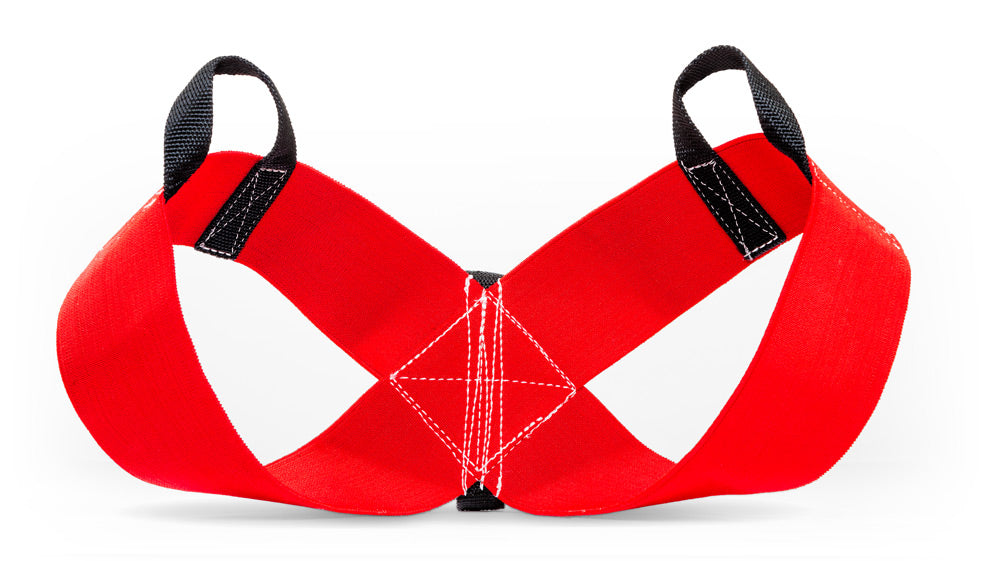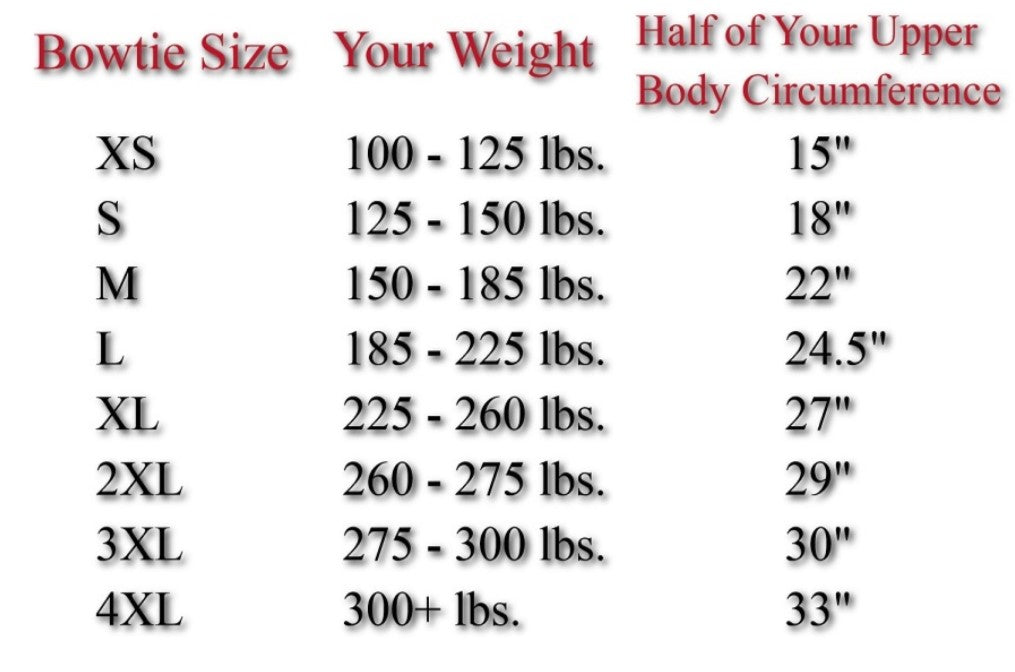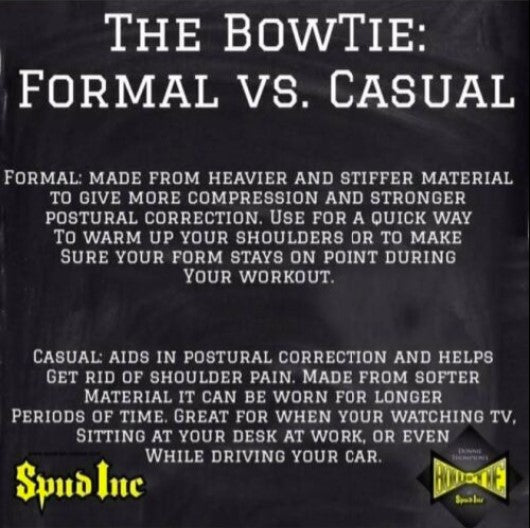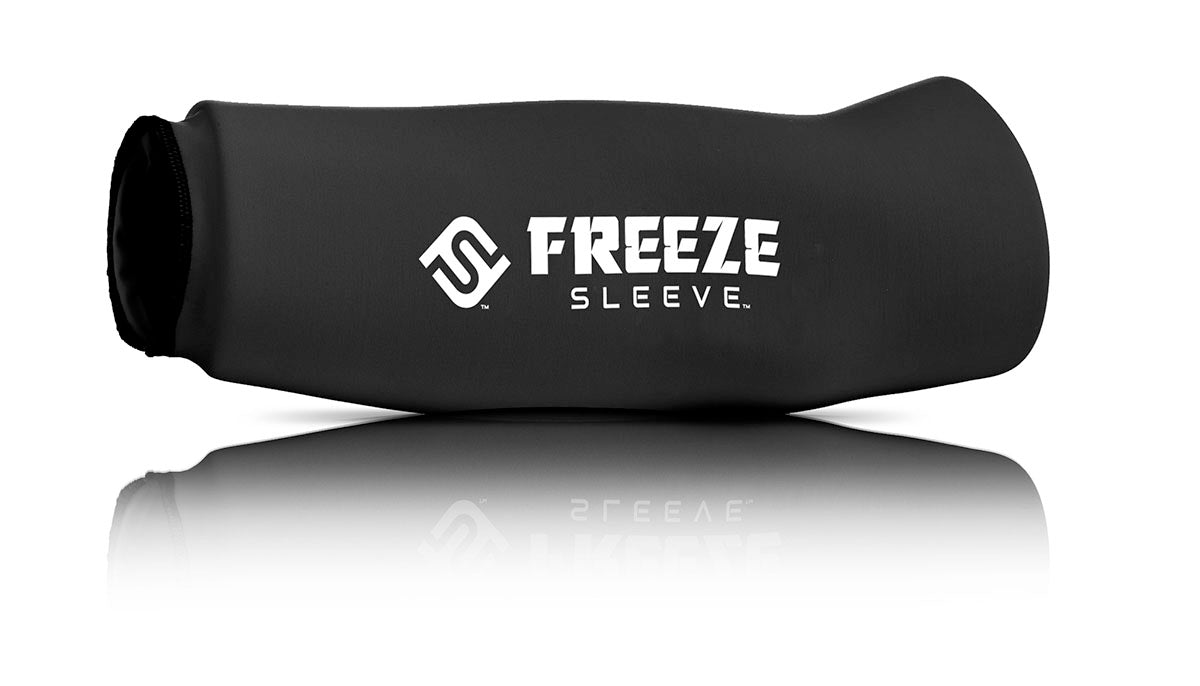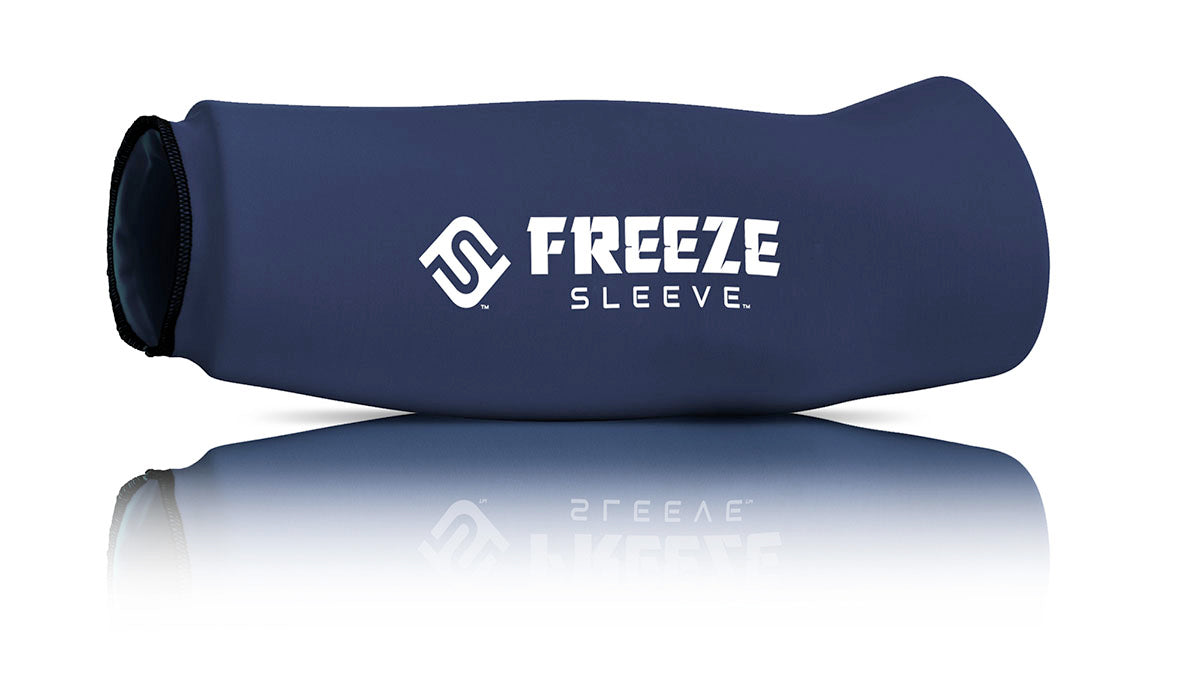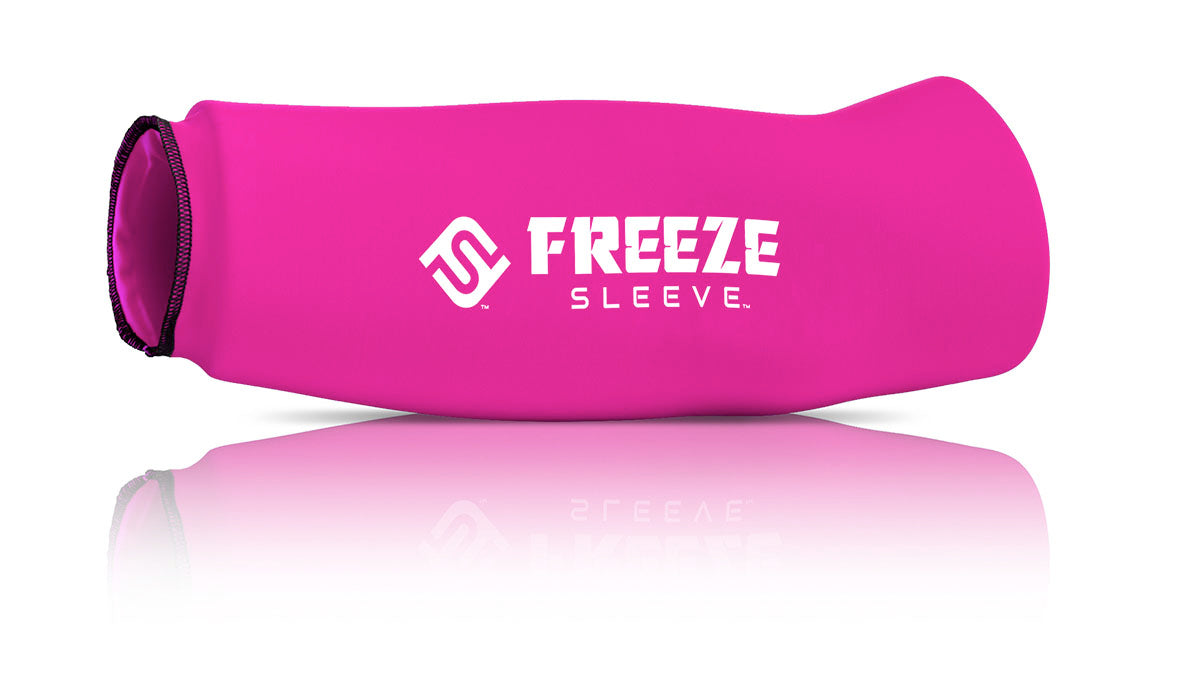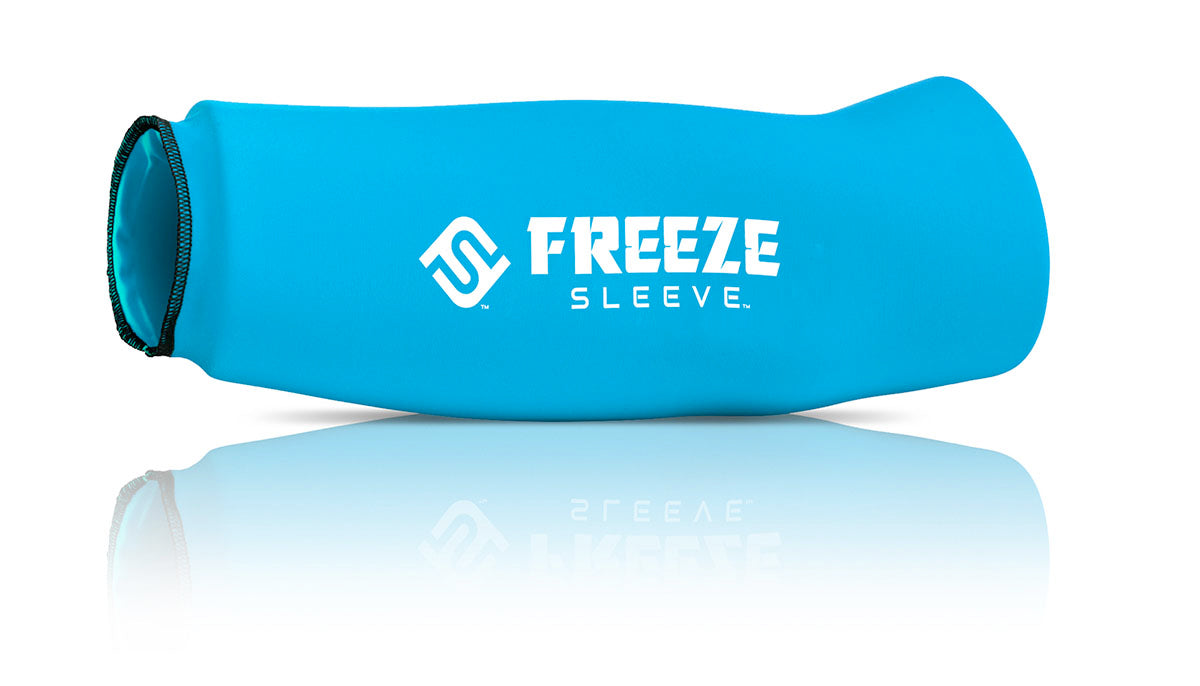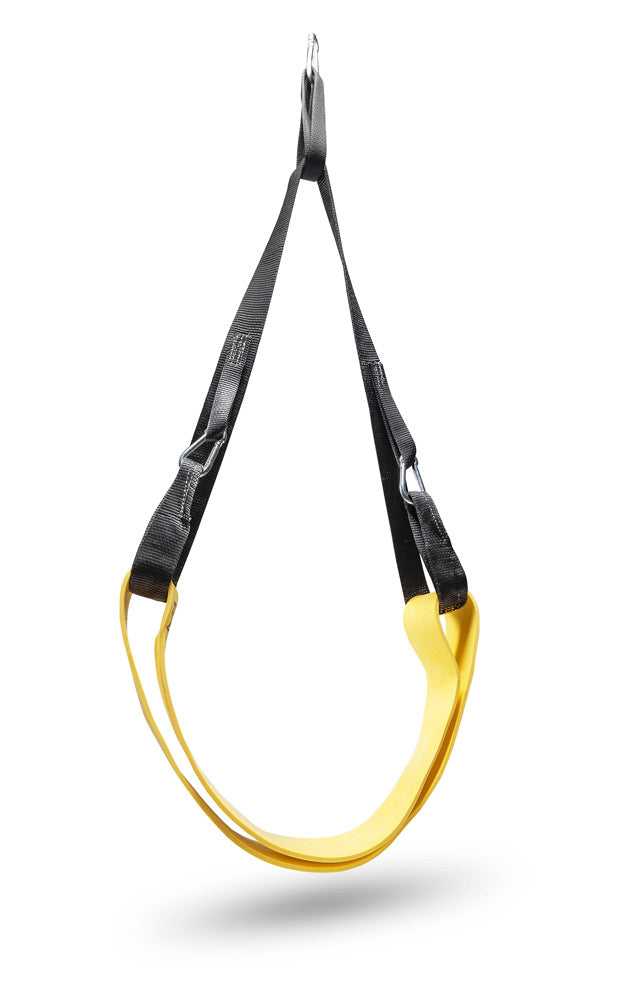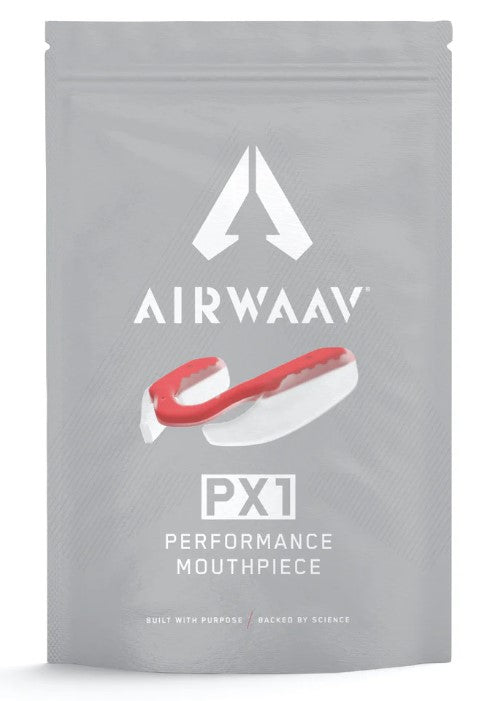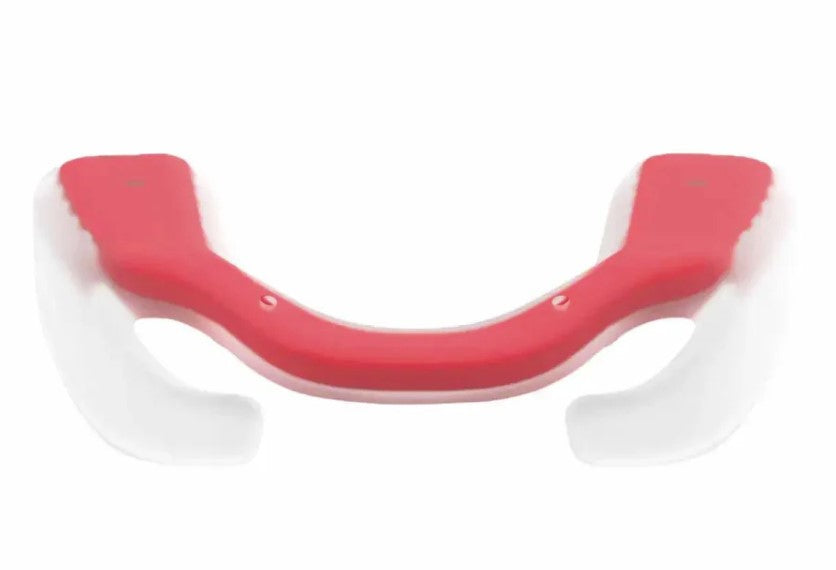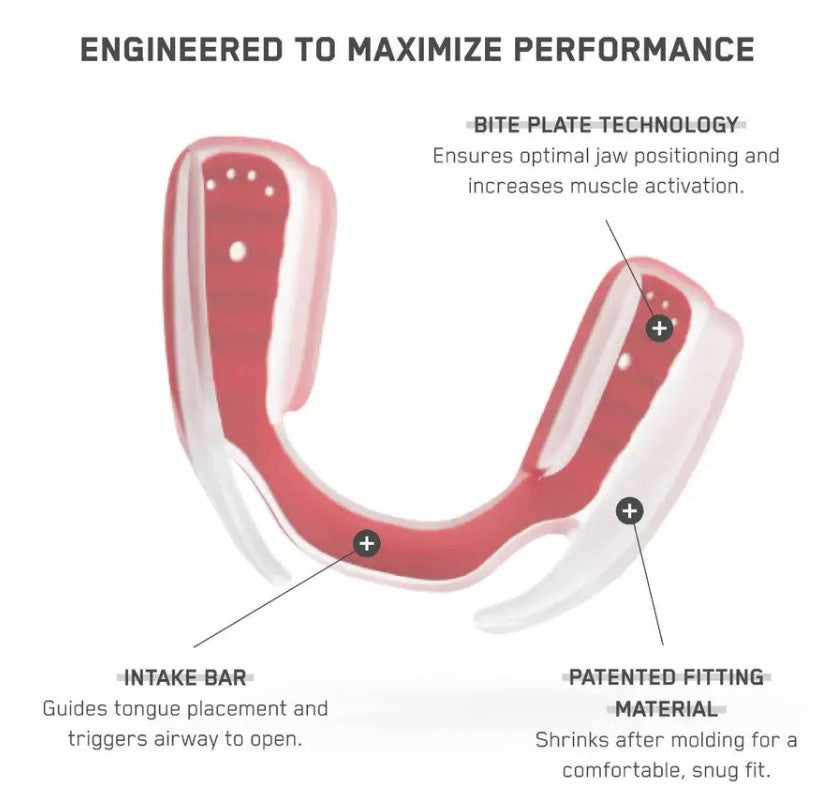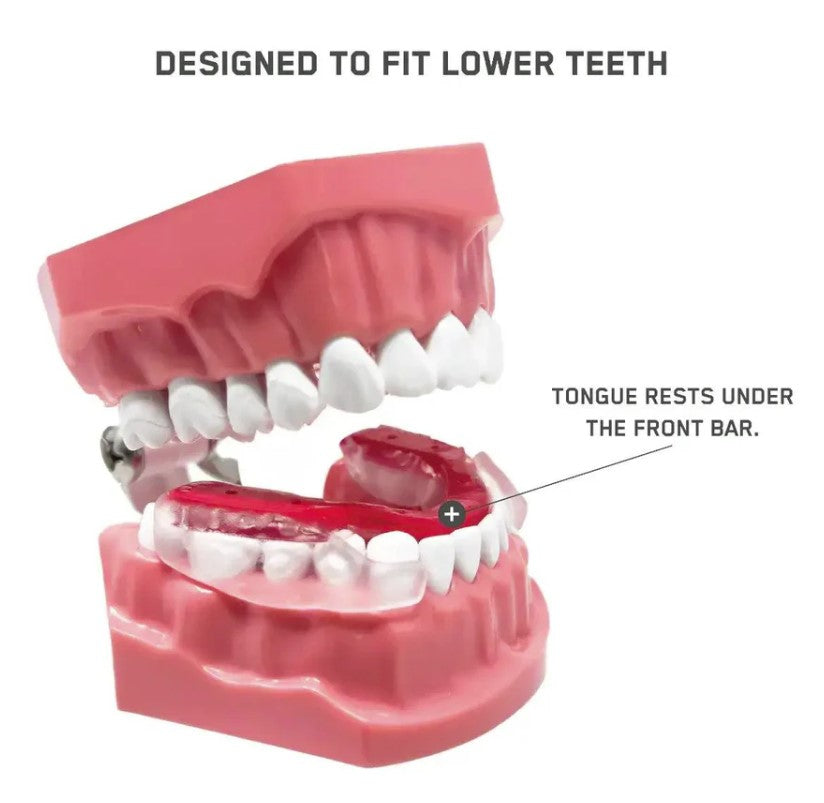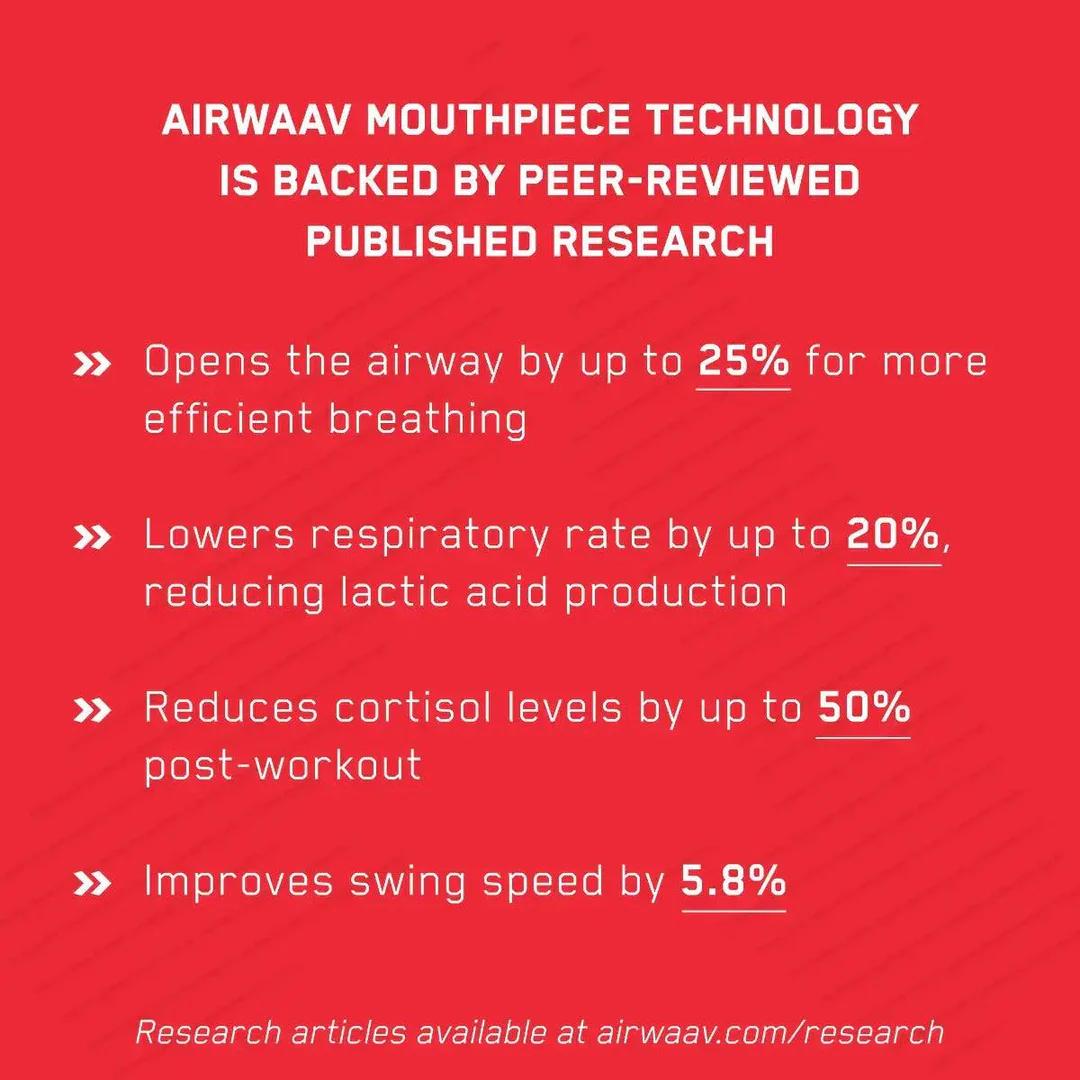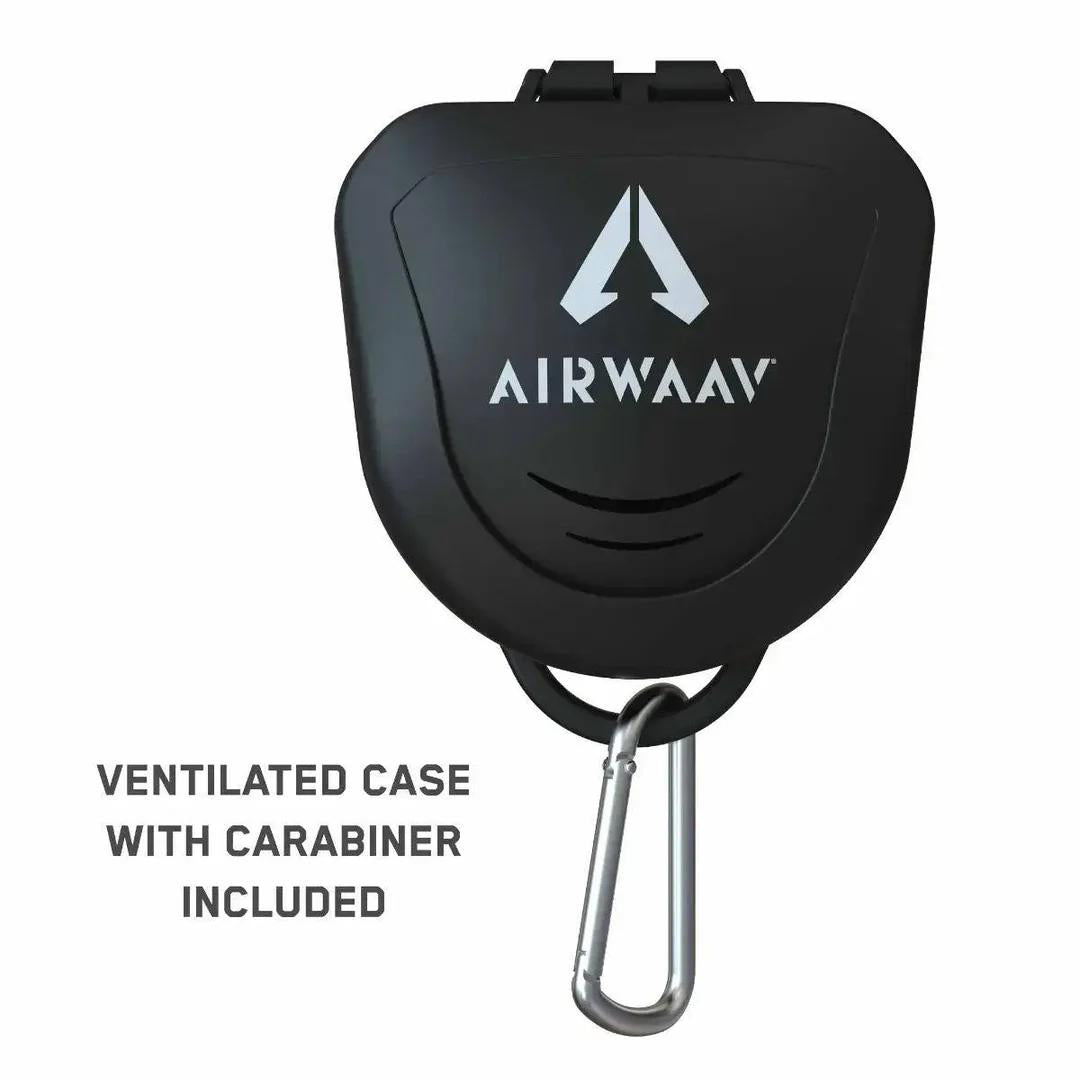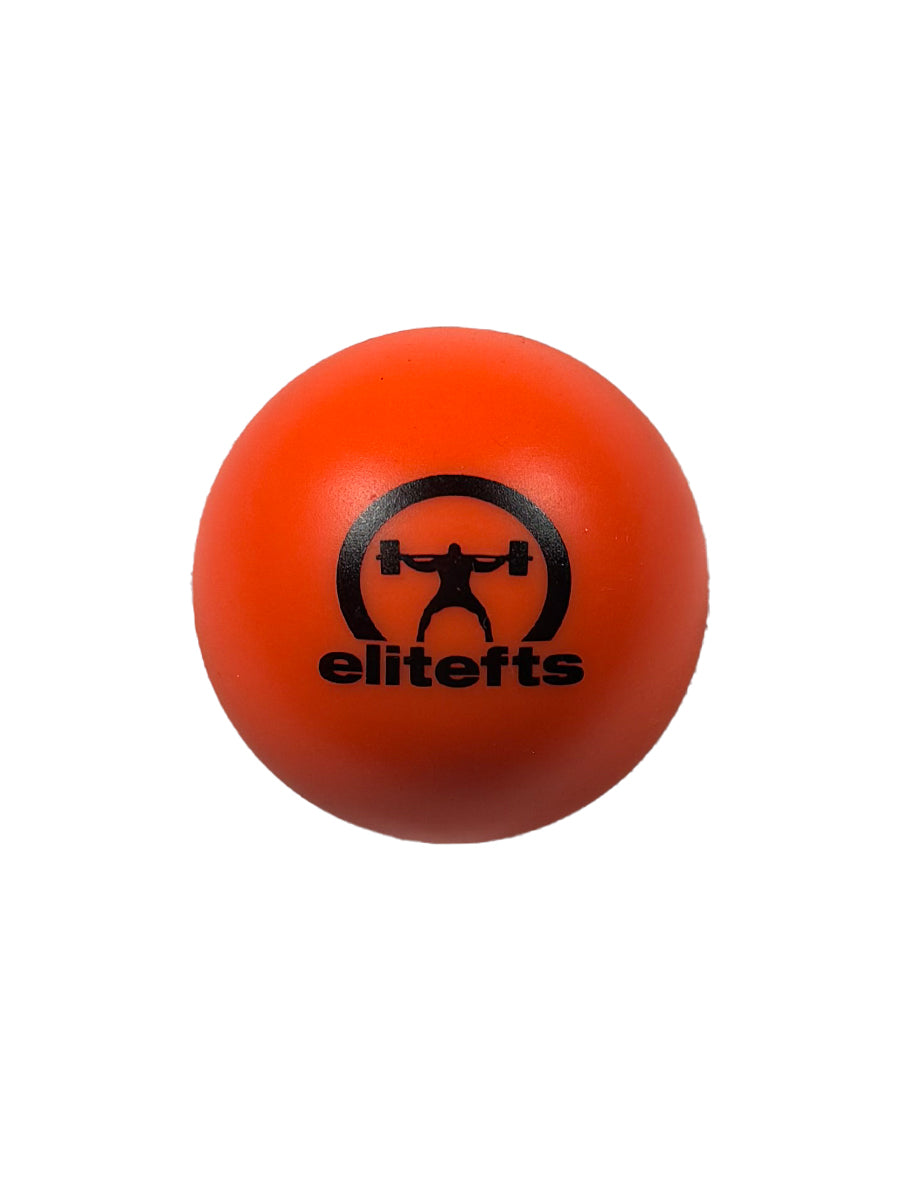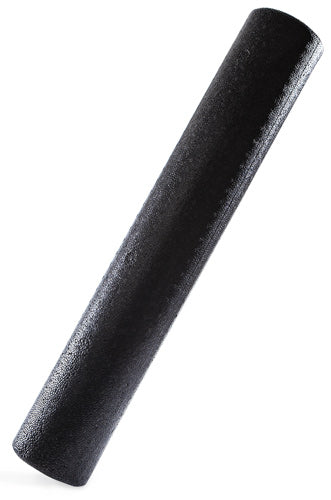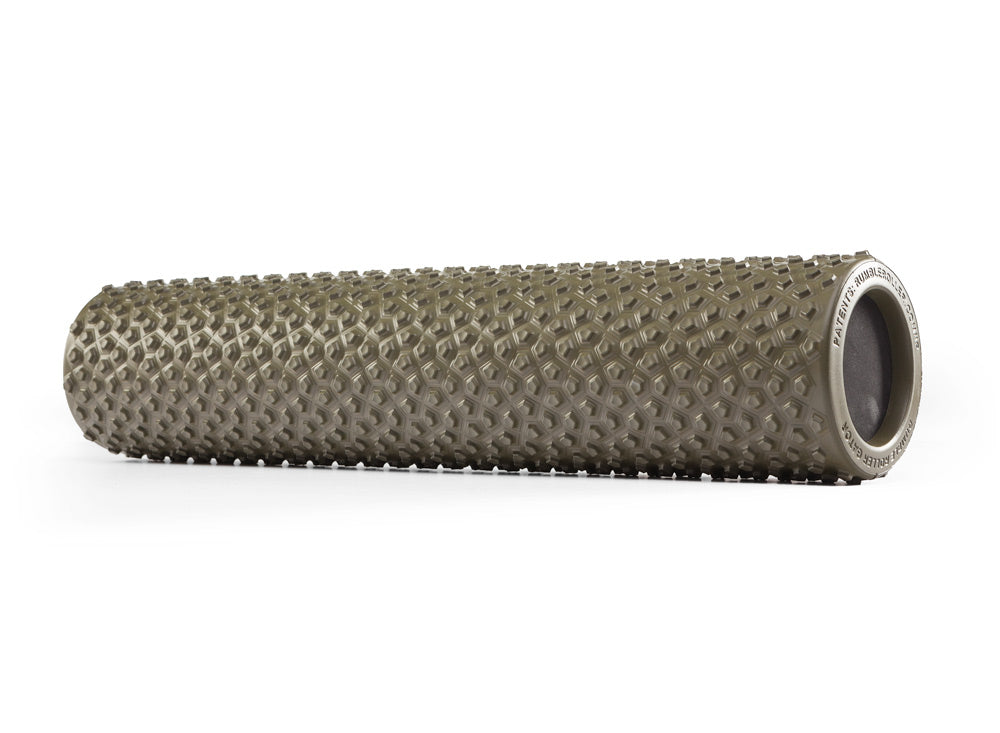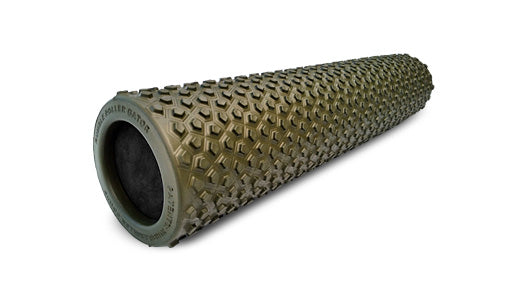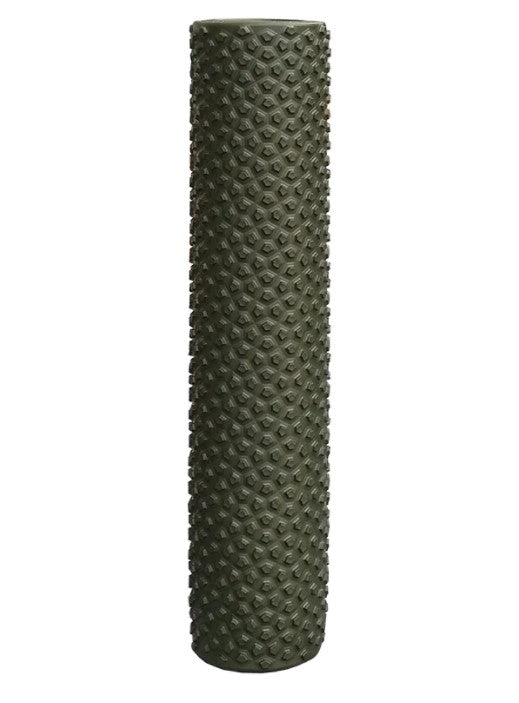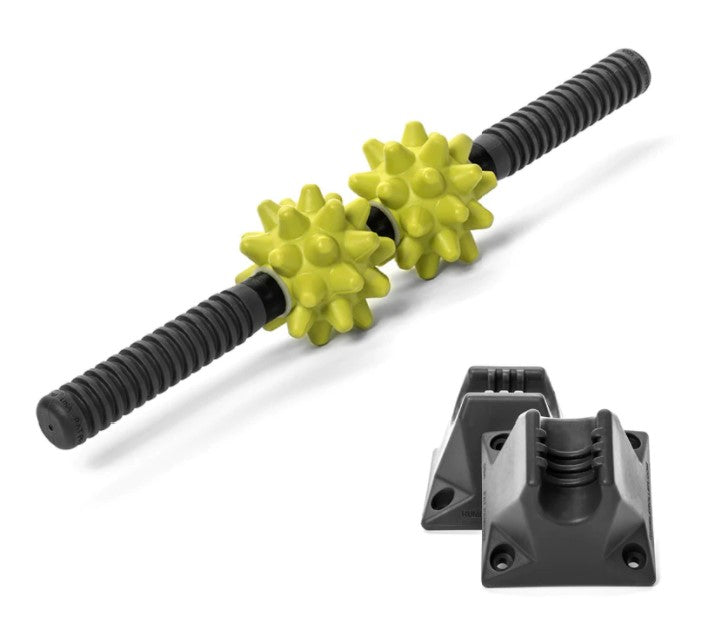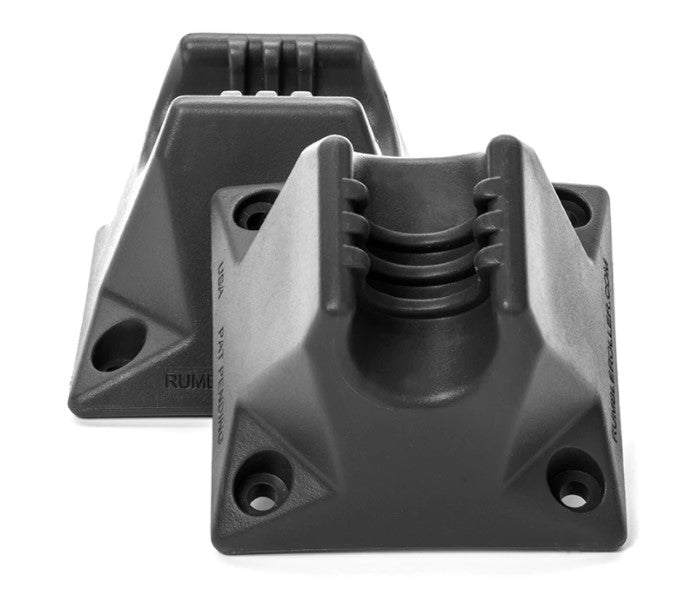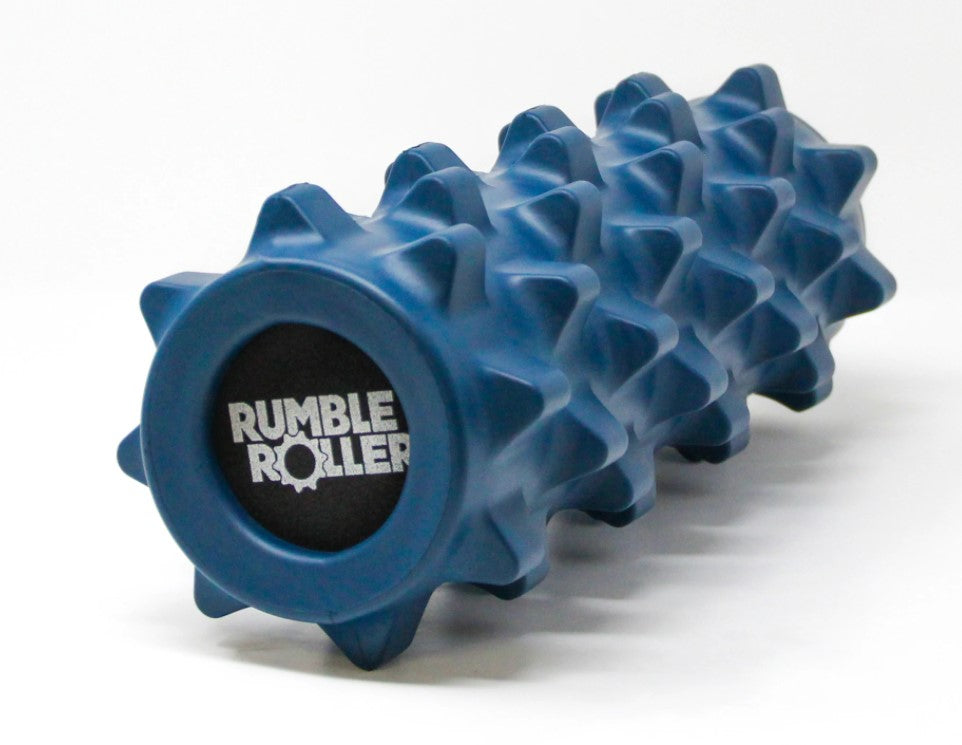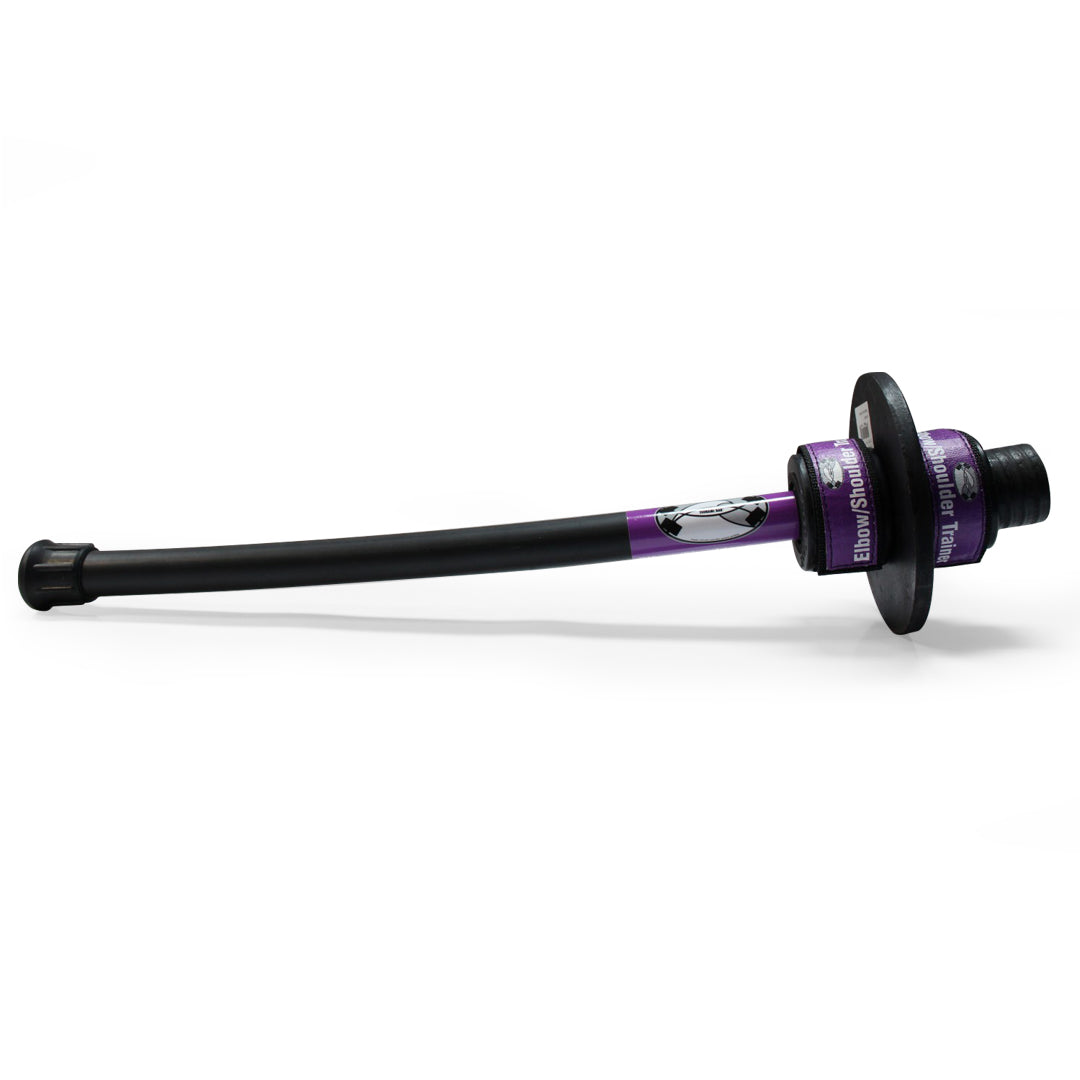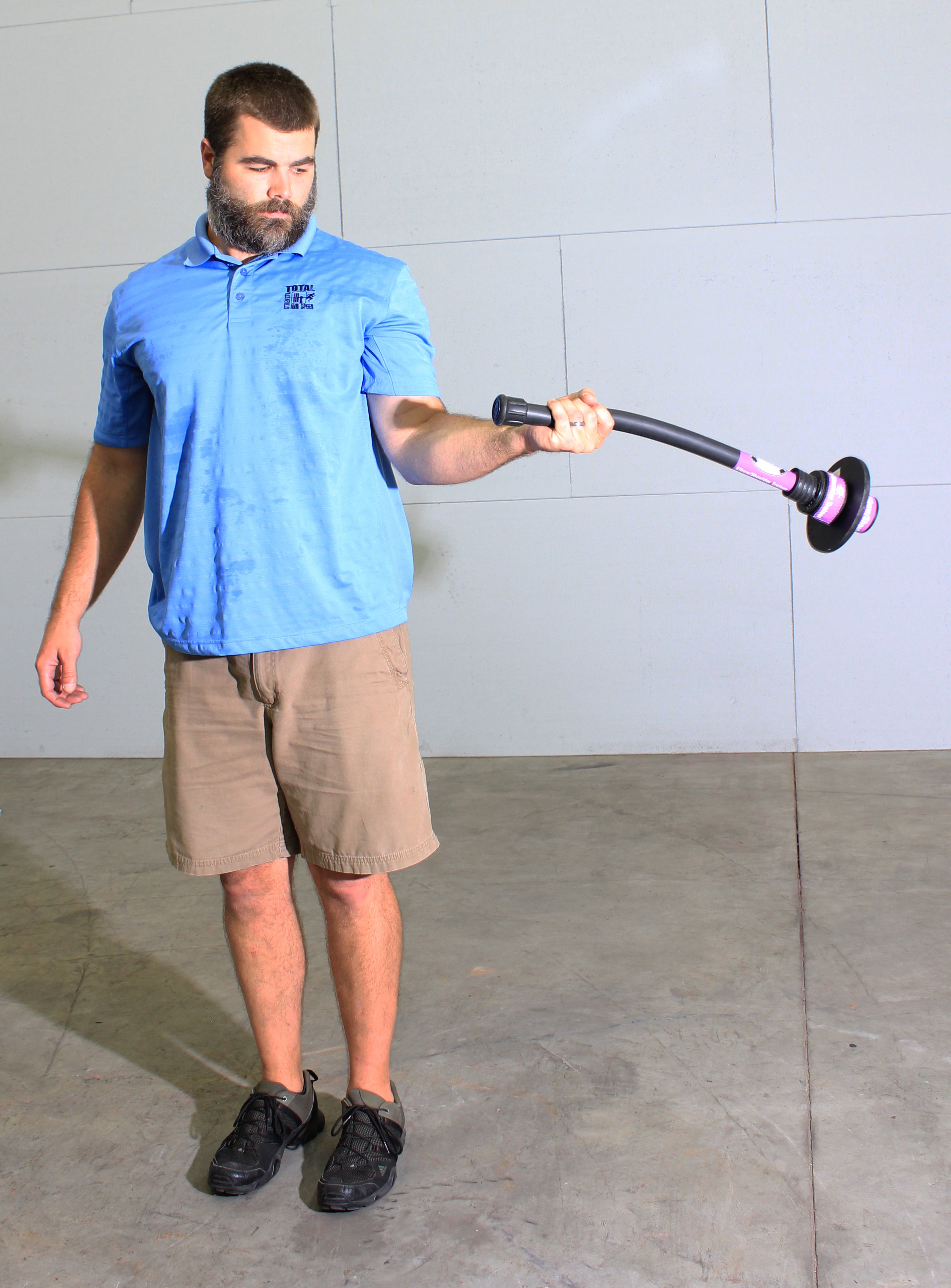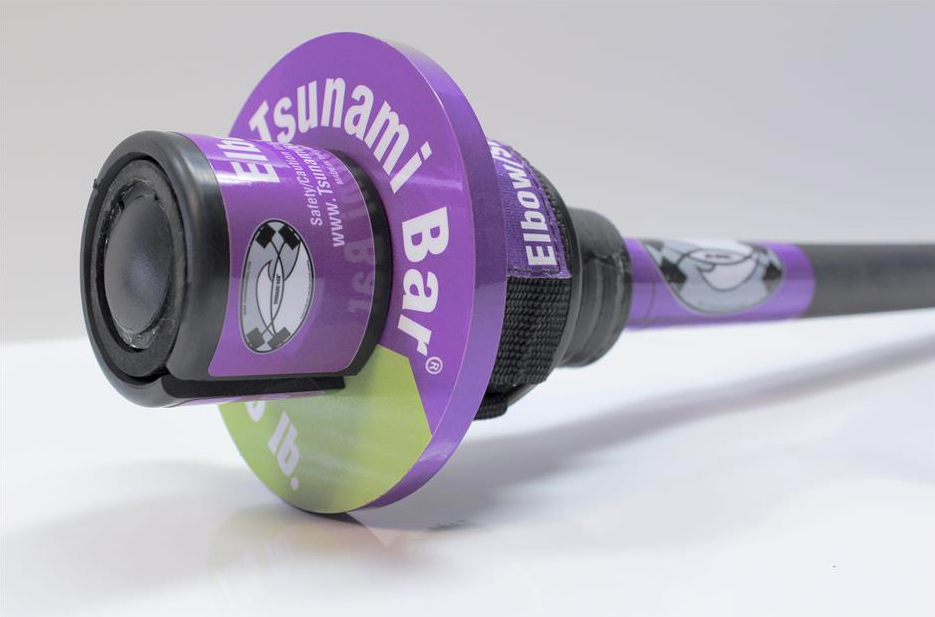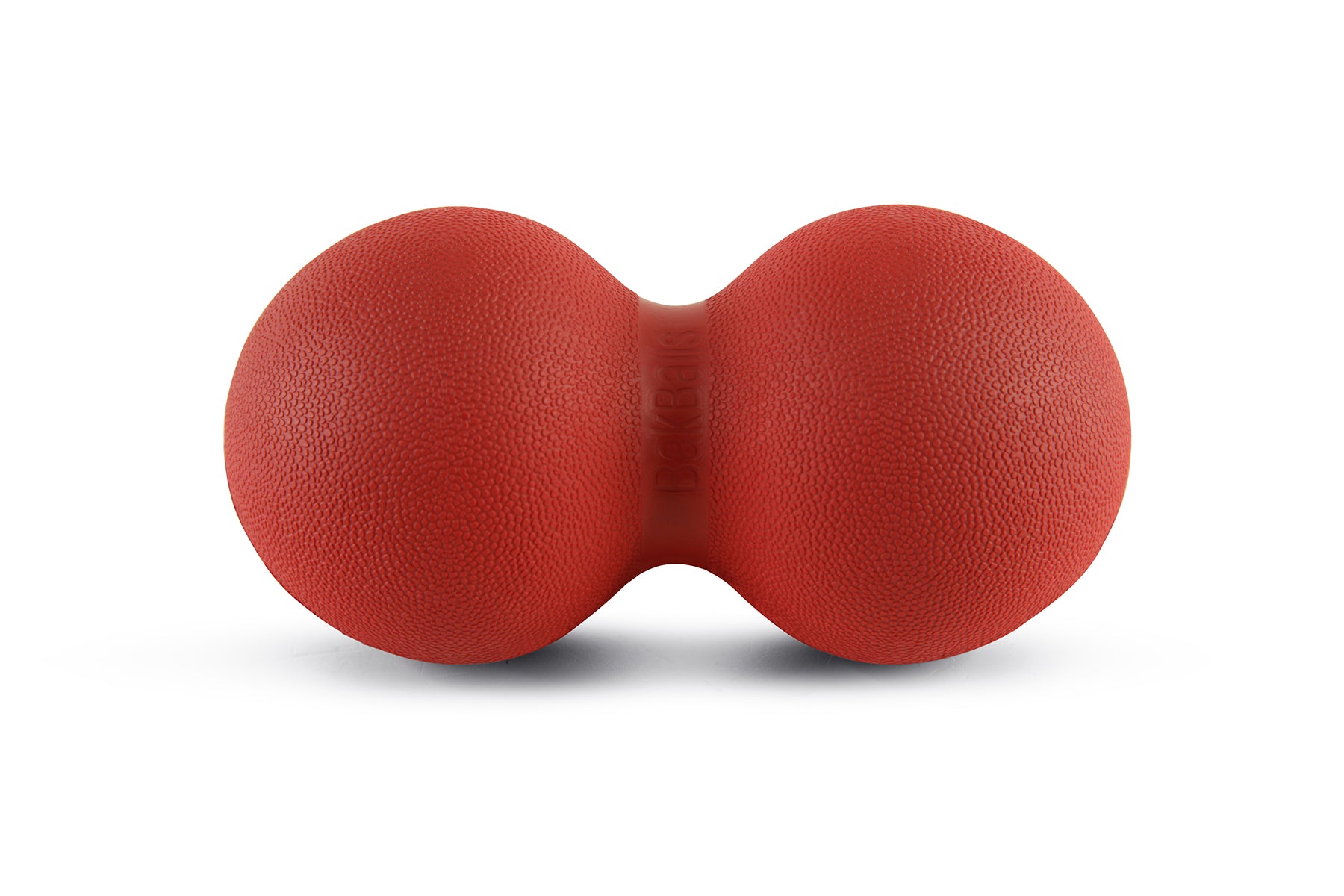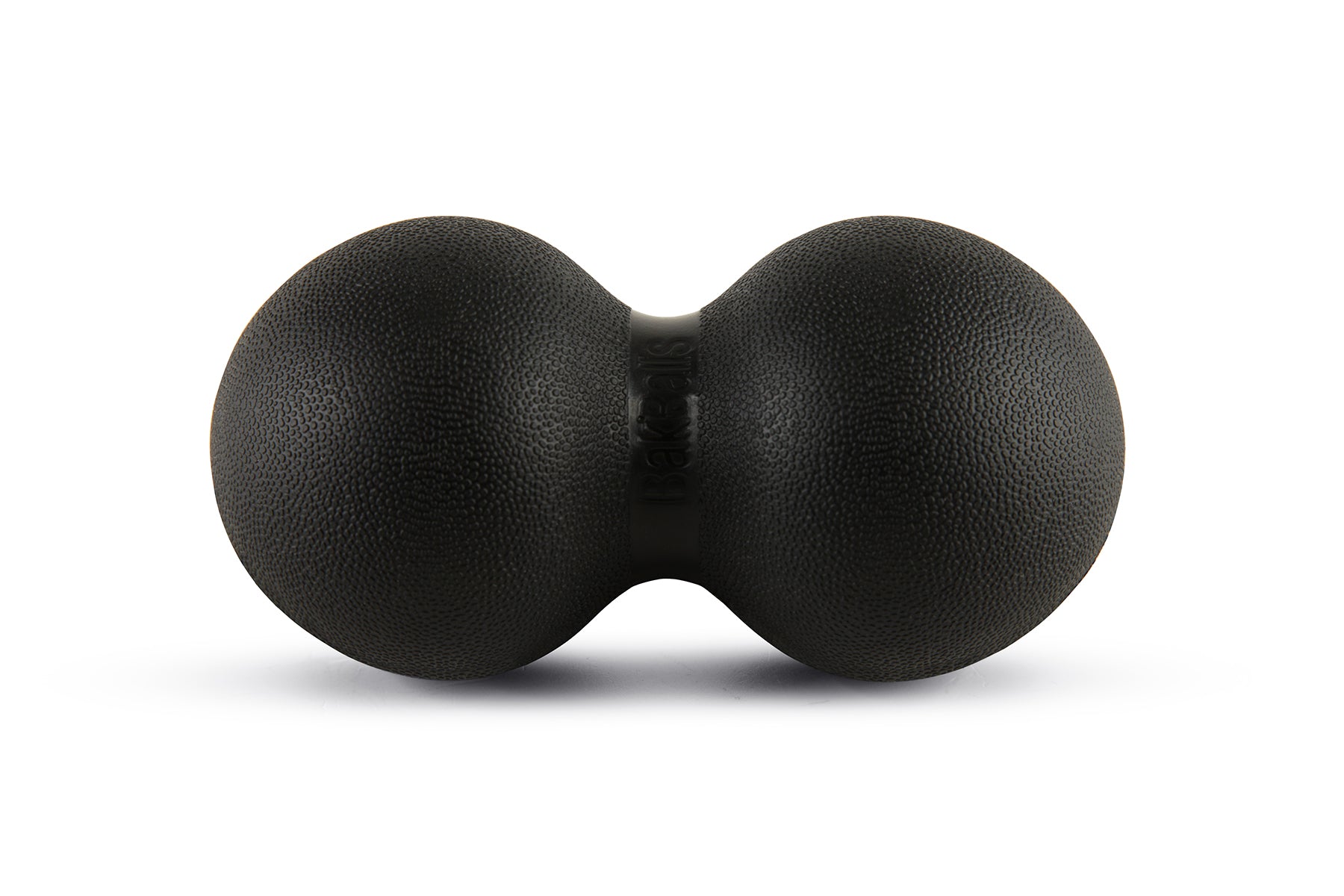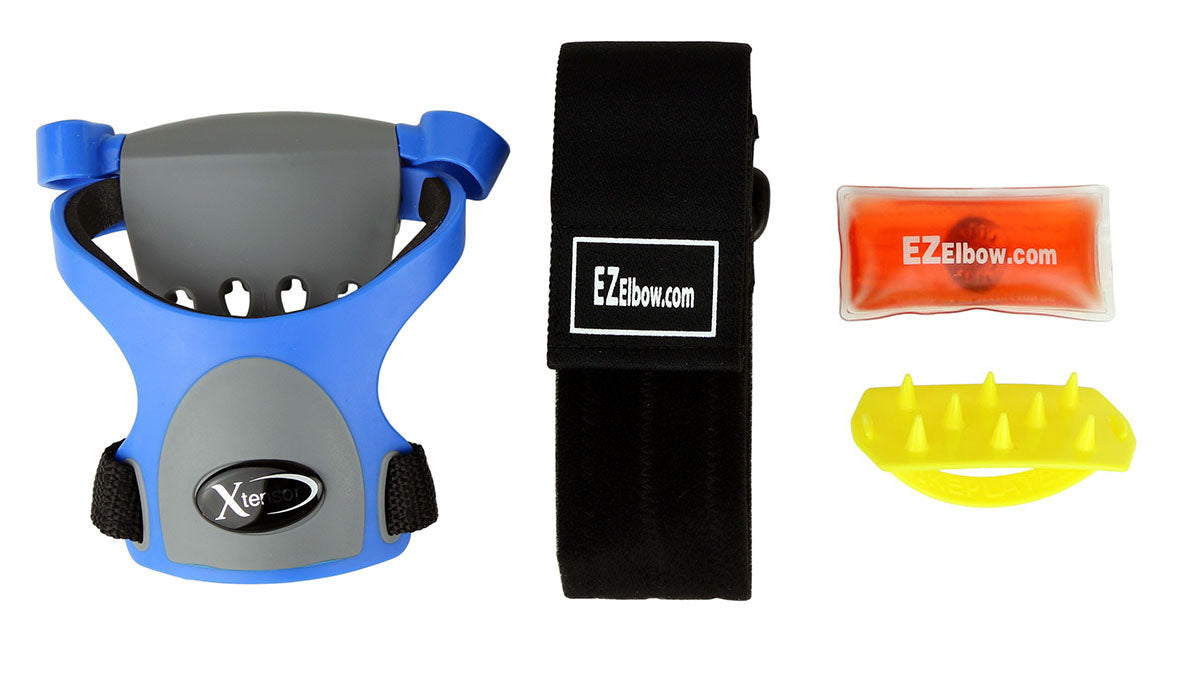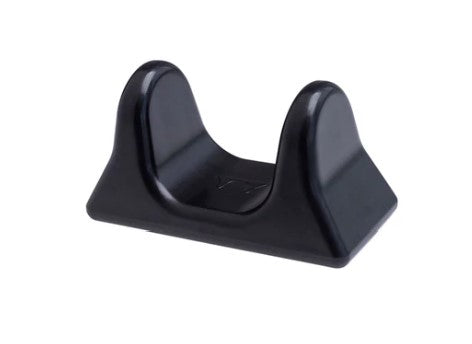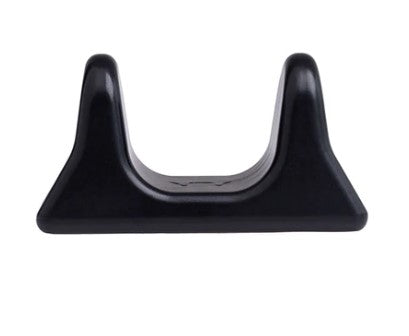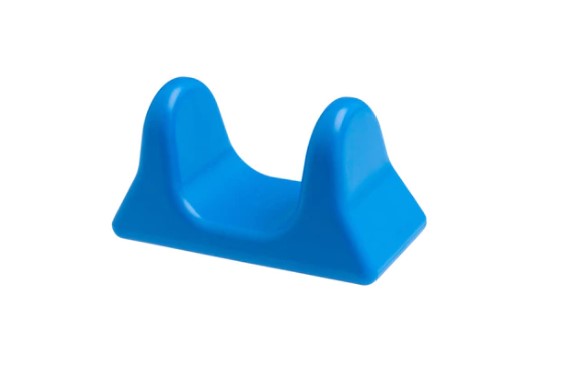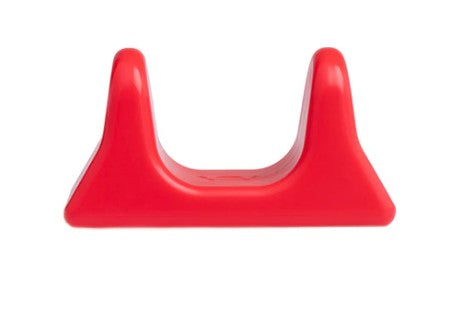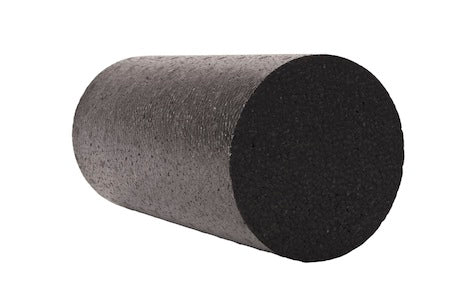Alright, folks! If you haven’t already checked out the article “My Sh*tty-@ss Thyroid,” go ahead and give that one a read first for some better context. I have been struggling with a sluggish thyroid since 2018 and was recently officially treated for hypothyroidism this past January. So, I want to dive into my experience with treatment and where I am now!
After oodles of blood work, it became clear that my thyroid was not getting better after I competed. So, I decided to see a progressive physician to help to move the needle and see if I actually needed medication. But I also want to specify that I consulted with at least three other professionals in the field before pursuing medical treatment. The intricacies of the thyroid are complicated, so I wanted to triangulate my advice versus just taking one opinion and rolling with it. When I did so, I found that they all had very similar conclusions, so it made me more confident in my decision and in what to expect from my physician. They all were pretty certain that I would need to be treated with thyroid medication along with being proactive by making some lifestyle changes. Those I will get into later.
My Treatment
My physician ended up prescribing for me 60mg of Armour Thyroid daily. Armour Thyroid is a naturally derived thyroid medication (derived from pigs, though, not humans). A naturally desiccated thyroid contains both the T3 and T4 hormone. We went this route because there was a conversion issue (low T3, high reverse T3), so if I were to have just been prescribed Synthroid/T4, which is very common, my issues probably would not have been resolved. I needed both T3 and T4 in some capacity. Within two days of taking Armour, I felt a noticeable difference in my energy and mood. I guess I didn’t realize how tired I felt until I wasn’t tired anymore. I felt great, so that was awesome. And my hunger increased a ton, which was also a great sign of metabolic activity. Having low hunger can be a sign of thyroid or gut dysfunction, especially if your cals are low or moderate. So, that was definitely a noticeable side effect for me. However, one thing I did notice is that after the first two weeks of taking it, I felt watery. My scale weight increased a bit there for a minute, and I could just feel water under my skin. So, I read up on it, and apparently, there are some folks who experience some sensitivity/inflammation to it because although it is natural, it is not derived from humans. But for me, within a few weeks, that watery feeling dissipated. So, I am not sure if my body just got used to it or what. But there was definitely some sort of reaction there at first.Now, another odd thing about Armour Thyroid is that because it is desiccated from pigs, the dosing is kind of confusing. Even though I take a 60mg dose, each pill is a bit different in terms of T4/T3 ratio. It’s not as consistent as taking a synthetic Cytomel/T3 or Synthroid/T4. I personally never noticed a difference in how I feel, but some folks do complain about being symptomatic from this variable, so they do better with synthetic T3/T4. I pretty much feel status quo every day. I also recently started a fat loss phase and am losing weight like a normal human. Imagine that! Losing 1-1.2 pounds a week on average without having to starve to death never felt so good.
Lifestyle and Nutrition Changes
Medication for anything goes only so far. You have to make sure that your lifestyle and nutrition complement what you are trying to achieve. So, in this case, a few action items for me were:Lower my stress. I am a very Type A person. It has been a process to cut that shit out. Yes, mental/physical stress can take a toll on your thyroid, so I needed to practice some self-care here. Some things that I have implemented include a consistent morning routine, daily walk(s) outside, and being proactive about looking at the bright side versus being a reactive Debbie Downer.
Be more active daily. I work from home and sit at a desk all day, so it does my thyroid no favors. Getting up and moving plays a huge role for me. I can’t just rely on a daily workout to be enough. I have to intentionally go on walks, clean the house, etc., or else my daily expenditure is shit.
MORE: What To Do When Your Thyroid Fails You
Micronutrient intake. Just to keep an insurance policy on my T3 conversion, we added in thyroid support minerals, such as zinc, selenium, and iodine.
Other nutrition variables. Because I am in a cut phase, we are just being mindful of biofeedback. Yes, I have hormone support, but that doesn’t mean I can just crash my calories and get away with it. Fat loss phases still need to be executed intelligently.
Overall, I am very happy with my progress and how I am responding. But there will most definitely be some ongoing trial and error. The dosage might need to change over time, so getting blood work every few months will be key. I hope that my story shed some light on thyroid issues and hypothyroidism. It can be treated, and you can get better—you just got to keep showing up and doing what is best for your health.









